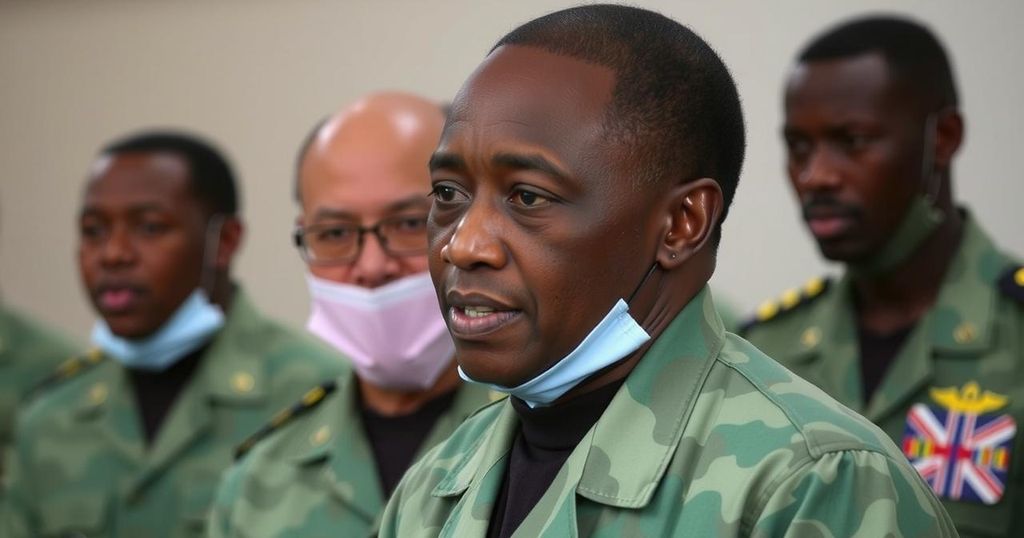Uganda’s military mission in eastern DRC, initiated to combat the ADF rebels, presents mixed results with allegations of supporting rival factions. While some areas have seen decreased violence, the ADF’s brutality continues, now spreading to previously untouched regions. Uganda’s strategic interests in securing trade routes and economic influence complicate its military objectives, raising questions about its commitment to regional stability.
Three years following the intervention of Ugandan forces in the eastern Democratic Republic of Congo (DRC) aimed at combating Islamic State-linked rebels, results have been ambivalent. Operation Shujaa, in collaboration with Congolese troops, has successfully diminished the presence of the Allied Democratic Forces (ADF) in key locations near the Ugandan border. However, allegations of Uganda clandestinely aligning itself with other Congolese rebel factions have raised pertinent concerns regarding its true motives.
Despite the military advancements, the ADF, which has been identified as the deadliest armed group in eastern DRC, has extended its reach and continues to execute brutal attacks on civilians. The UN reports the group has claimed approximately 1,000 lives this year alone. Though progress has been noted, such as the lifting of curfews and the reopening of schools in formerly affected areas, the ADF’s ability to adapt and disperse poses significant challenges. Analysts suggest that Uganda’s strategic interests might overshadow its commitment to neutralizing the ADF effectively.
The recent military engagements appear to have primarily secured territories adjacent to Uganda, while the ADF has managed to shift its operational zones, creating unrest in new areas. Critics of Uganda’s involvement have raised suspicions regarding its alleged support for M23, a rival Congolese rebel faction with Rwandan backing. Despite official denials from Uganda, the demands from DRC President Félix Tshisekedi for transparency reflect escalating tensions in the region.
Uganda’s objectives seem to encompass both security and economic dimensions, particularly concerning infrastructure development and trade routes. The strategic significance of eastern DRC, especially regarding gold exports, is paramount for Uganda’s economic interests. As such, Uganda is required to navigate its relationships carefully, particularly with Rwanda, while ensuring its own regional dominance and economic viability.
The current scrutiny of Uganda’s military operations in the Democratic Republic of Congo stems from a complex interplay of military engagement against the ADF and the pursuit of national interests. Uganda’s troop deployment began as a quest to quell rising terrorist threats but has since been embroiled in allegations of double standards and ulterior motives, especially concerning potential support for rival rebel groups. This situation is compounded by the historical context of regional conflicts and the strategic importance of eastern DRC’s resources, which are vital for Uganda’s economy and trade.
In concluding, Uganda’s military initiative in the DRC, while showing some positive security outcomes, remains marred by significant controversies regarding its strategic intentions. The allegations of supporting rival rebel factions alongside military operations against the ADF complicate the narrative. Furthermore, Uganda’s ambitions to secure economic benefits amid ongoing regional tensions underscore the complexities of its foreign policy in Central Africa. Ensuring stability in the region requires a balanced approach that addresses both security concerns and economic aspirations.
Original Source: www.rfi.fr






